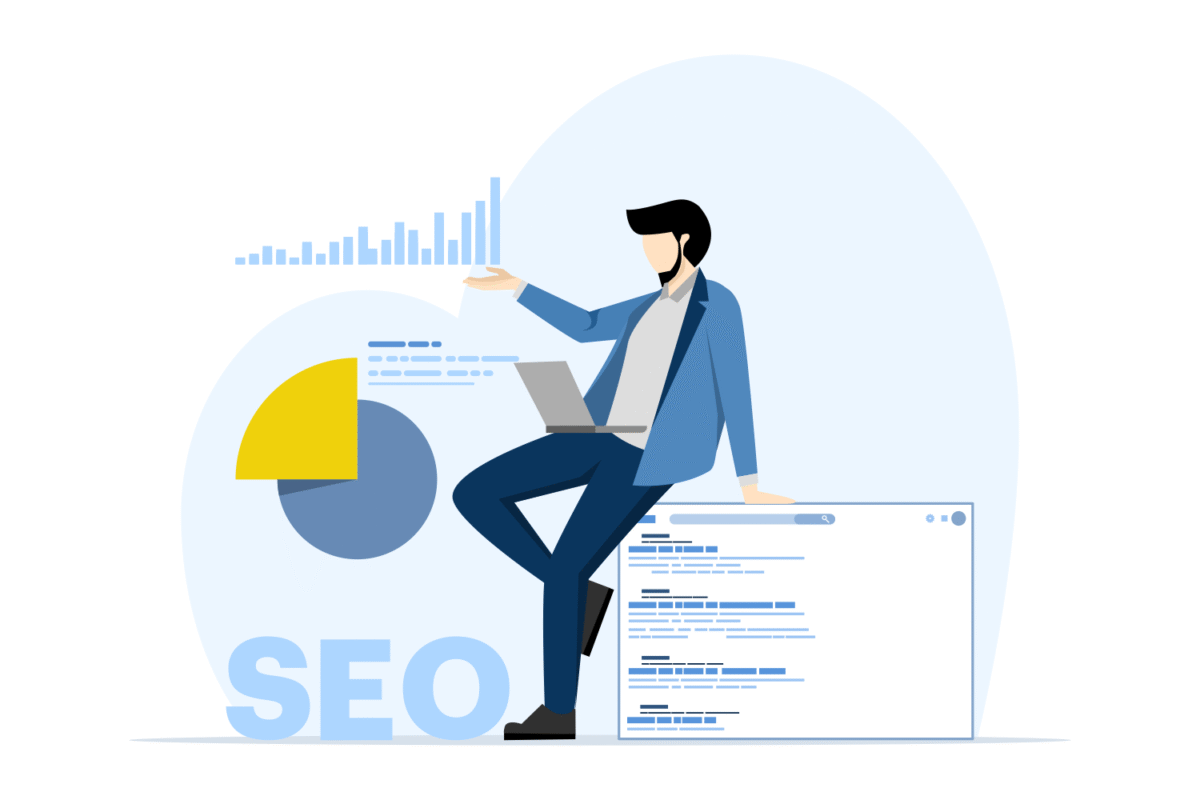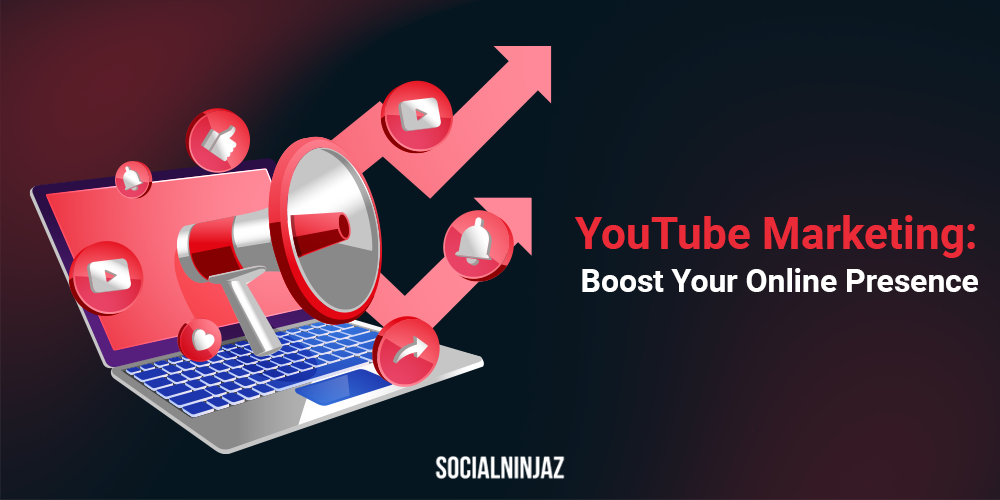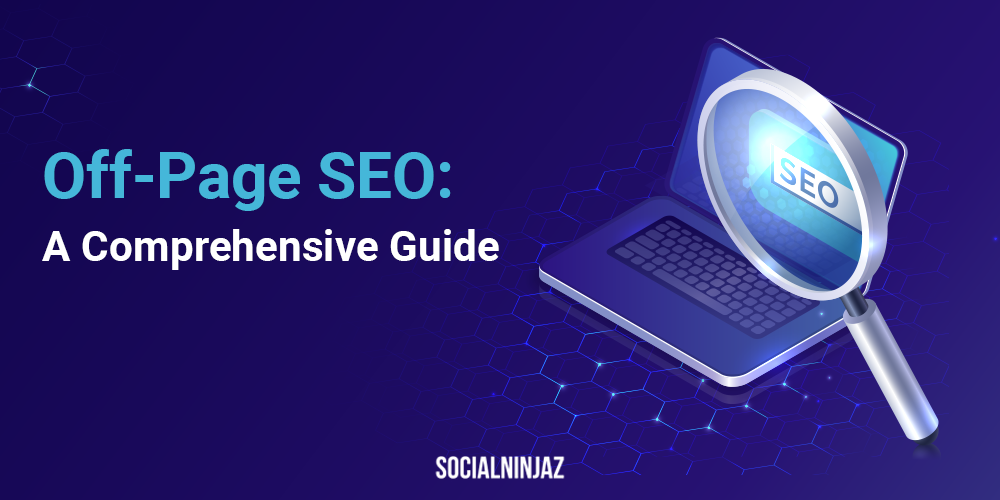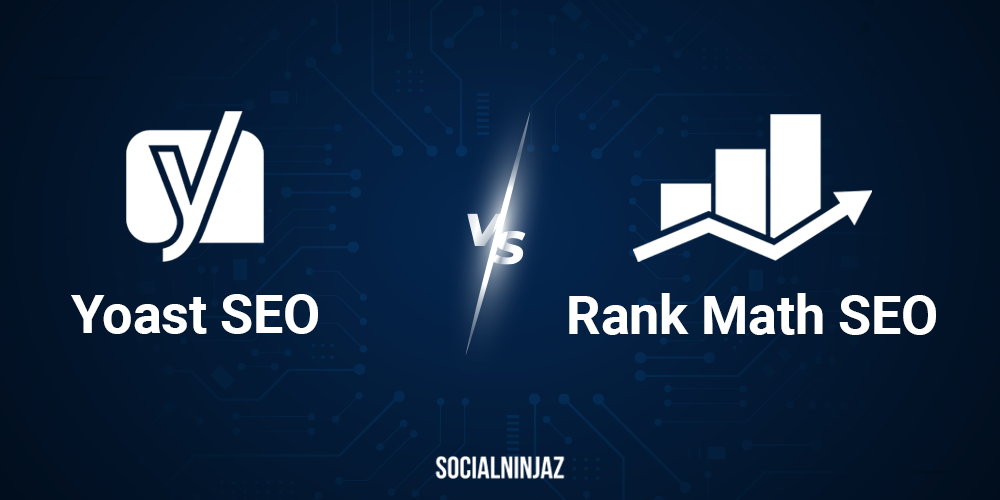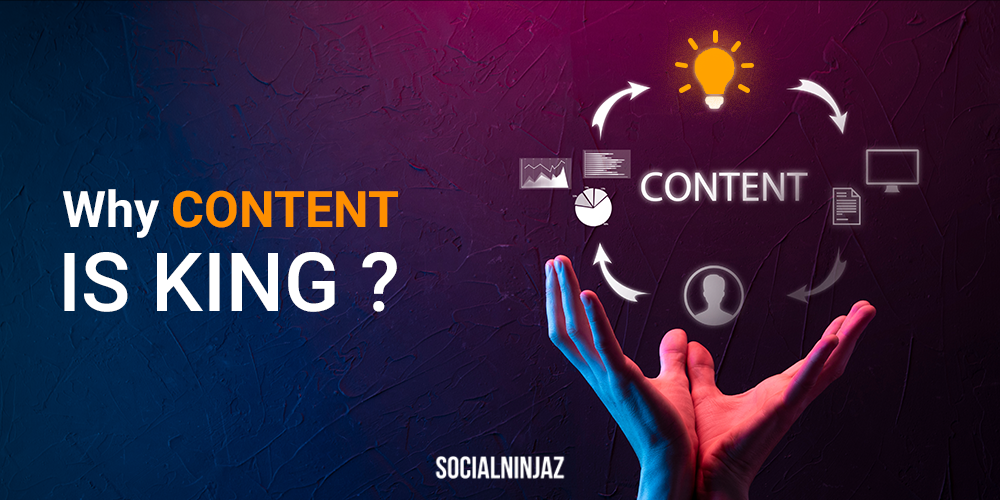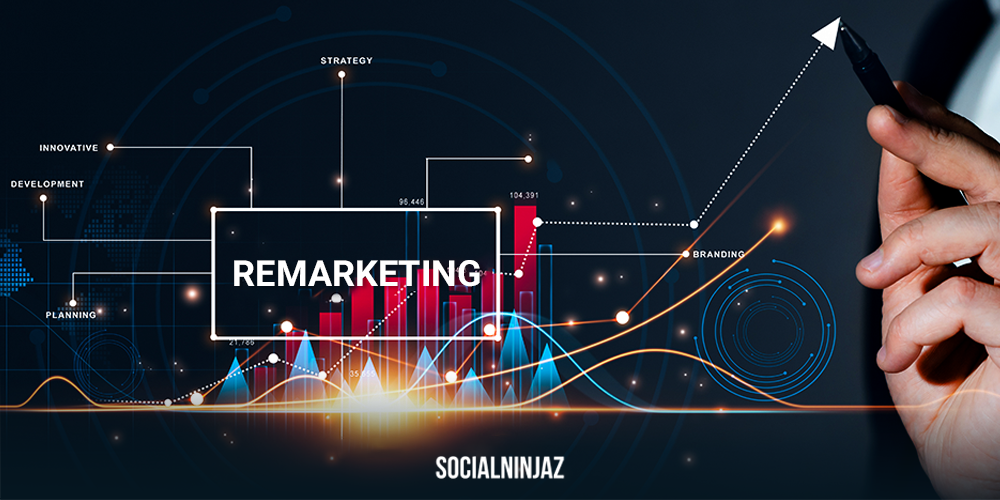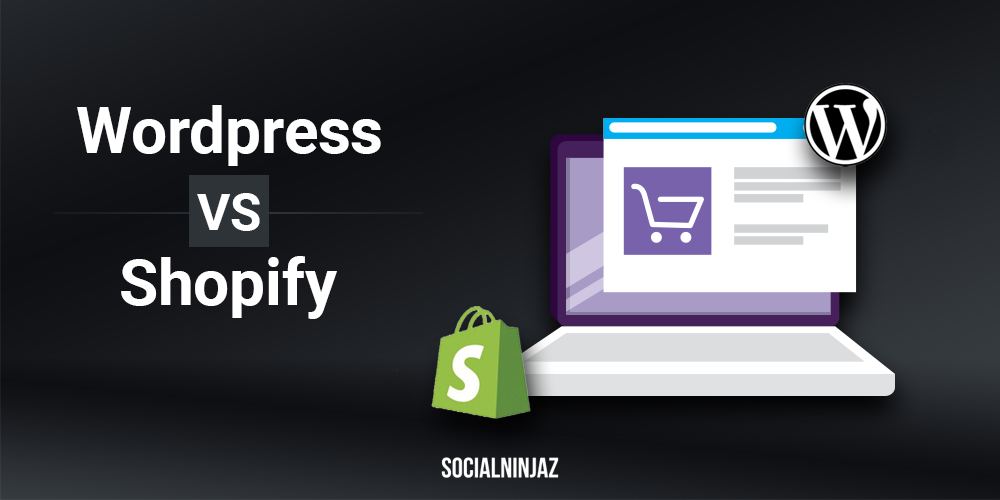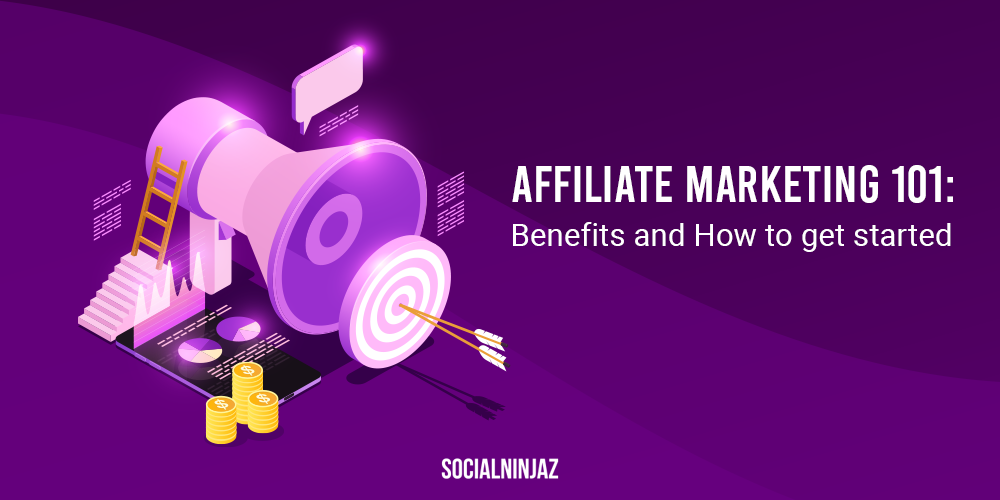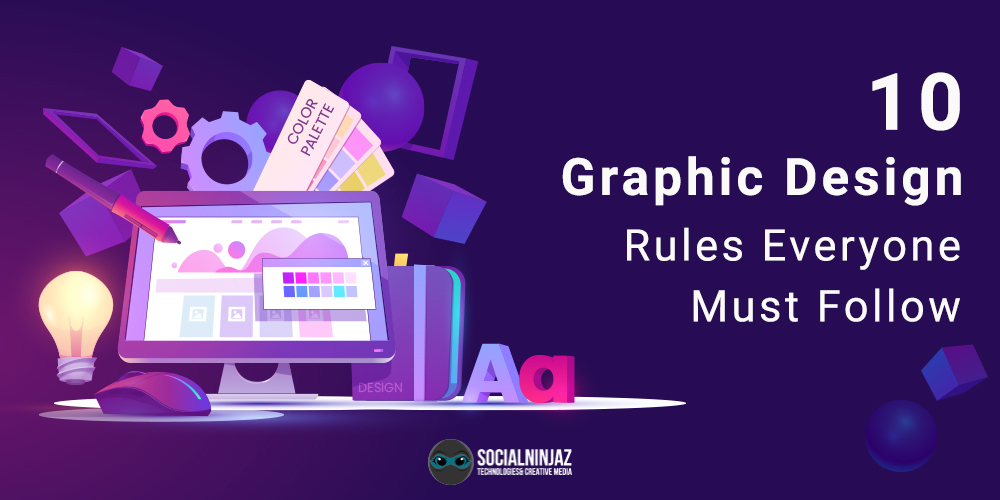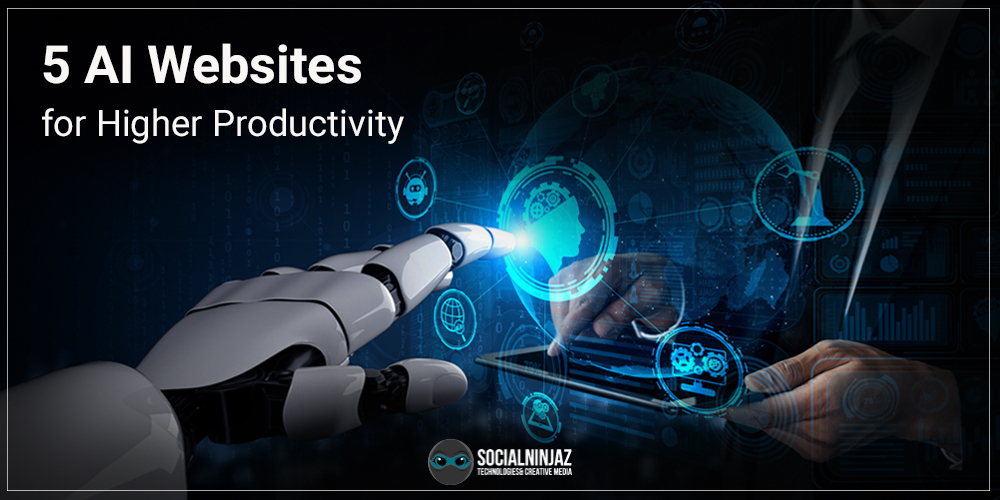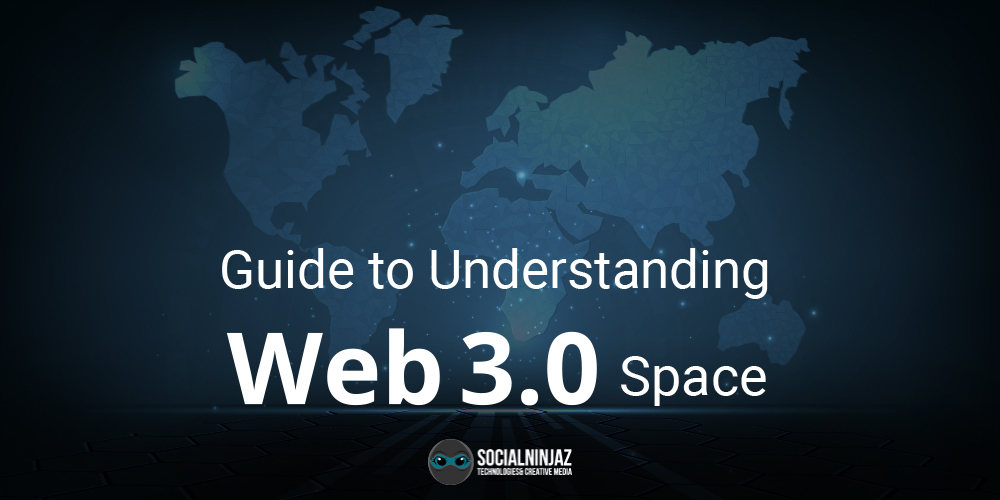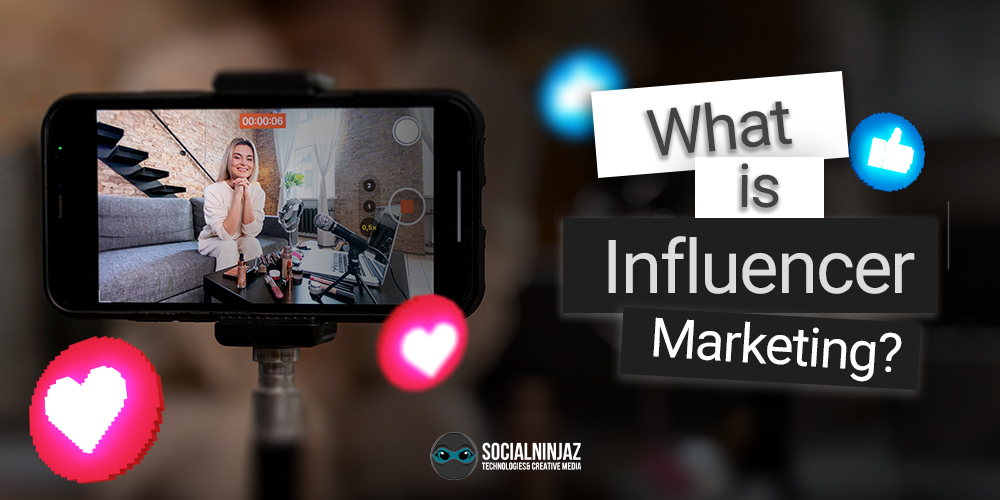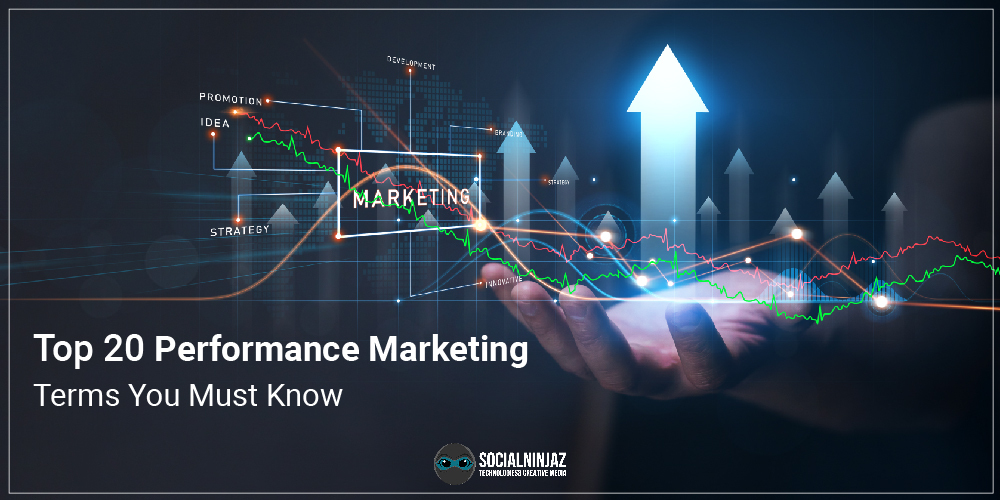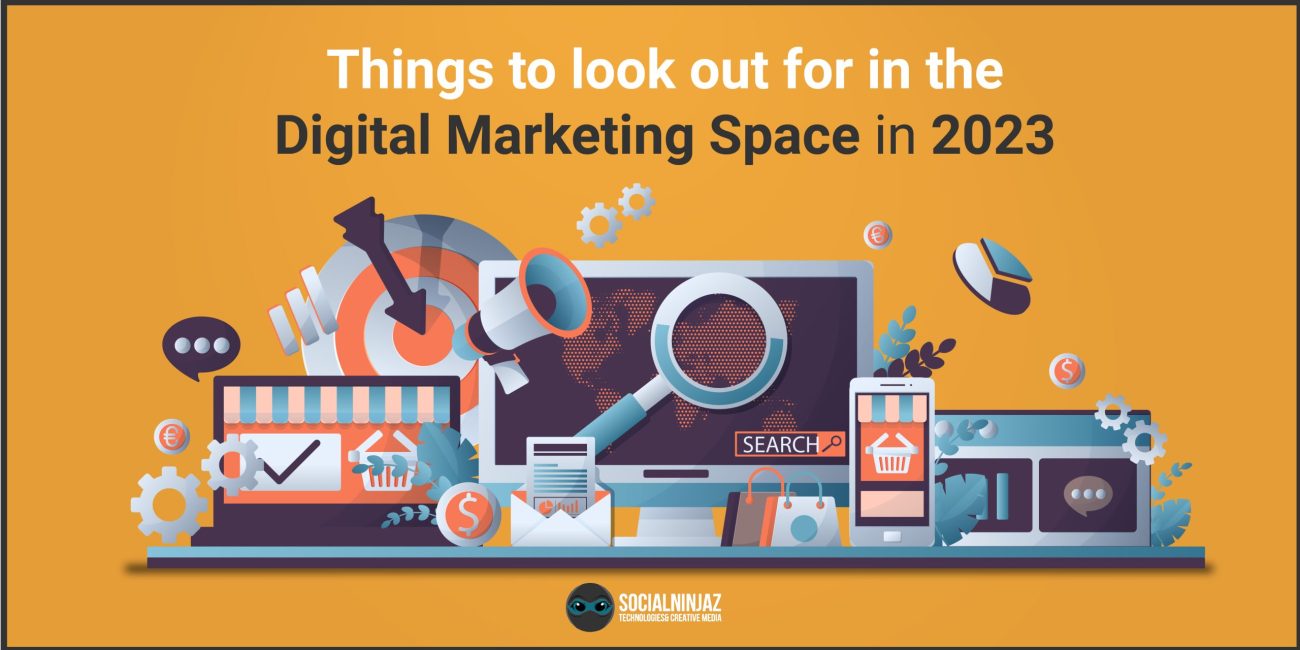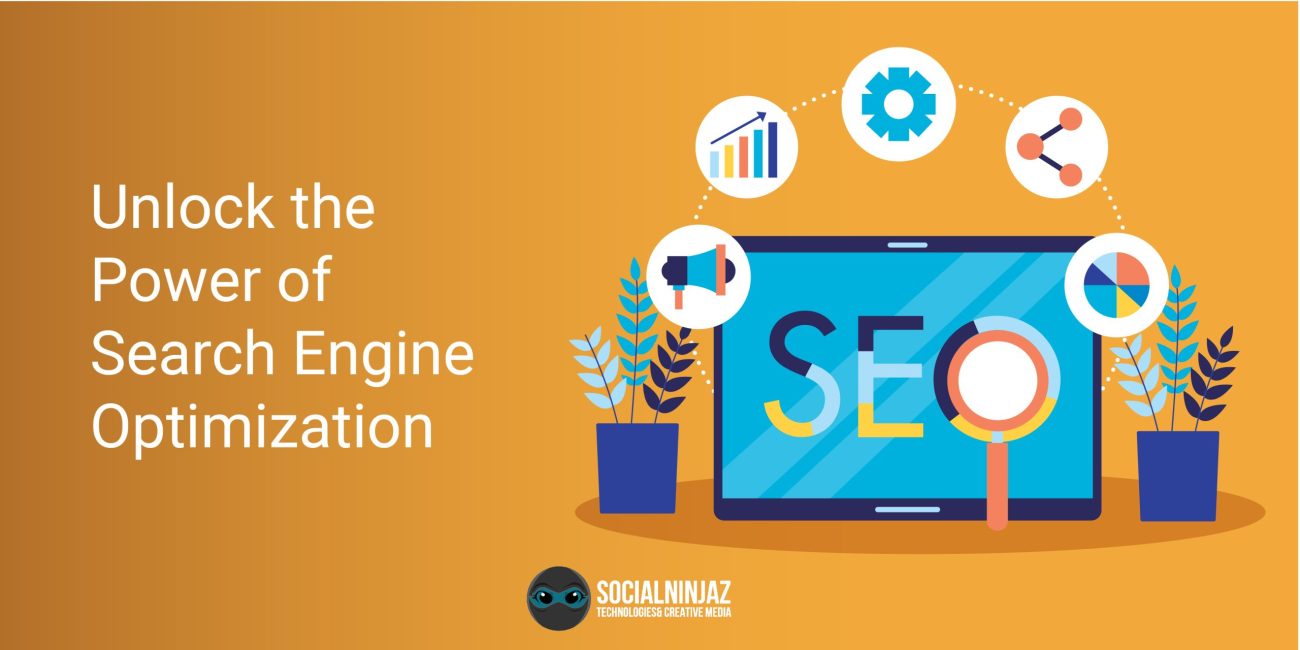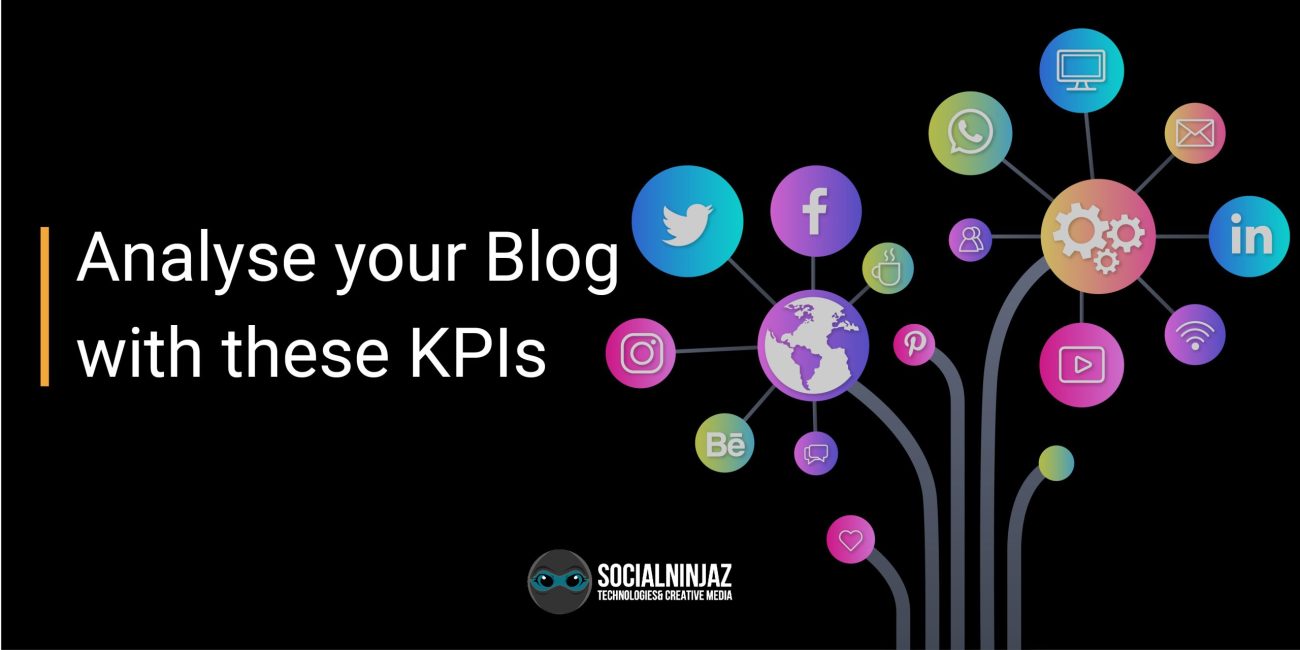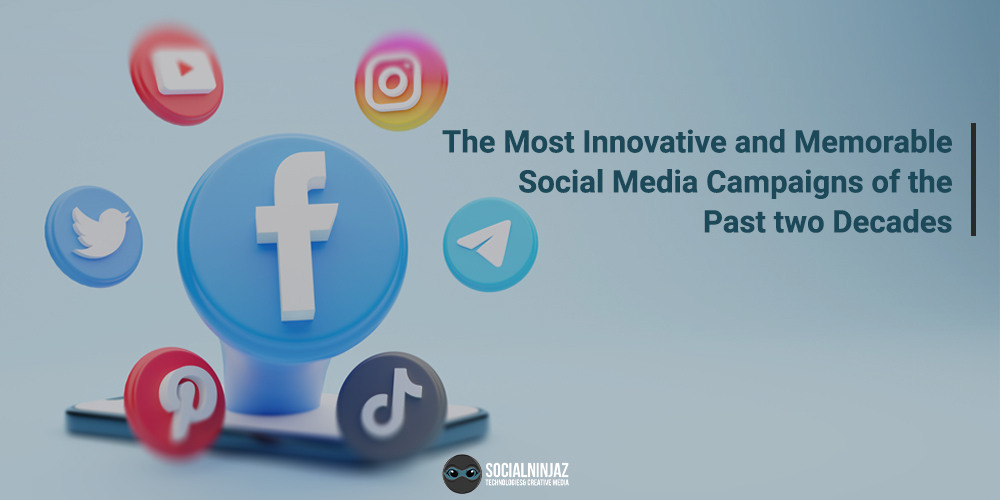Blog
Building Website for Business vs Relying on Social Media: What Works Best
In 2025, digital presence is no longer optional. Every brand, whether a local cafe in Delhi or a growing e-commerce startup in Chicago, is faced with the same pressing question: should you focus on building website for business, or is running your business through social media enough to stay relevant?
While both strategies have merit, they are not interchangeable. A website is your long-term digital headquarters, while social media is the stage where your brand interacts with the world. Let’s break this down with examples, insights, and a forward-looking view of what works best for sustainable business growth.
Table of Contents
ToggleWhy Building Website for Business Creates Strong Foundations
When you invest in building website for business, you’re creating something you own and control completely. Unlike social platforms, which can change algorithms overnight, your website remains a stable asset.
Here’s what makes a website essential:
- Credibility and Trust
Customers often check if a brand has a website before making a purchase. For example, many Indian D2C brands that started on Instagram later invested in websites because consumers trust businesses with professional sites more than those limited to social profiles. - Search Engine Visibility
A website optimised with SEO can bring consistent organic traffic from Google. This means your customers can find you even if they are not following you on social media. - Scalability and Features
From integrating e-commerce and booking systems to blogs and resources, your website evolves with your business. For instance, a local boutique in Jaipur can start with a basic catalogue website, then later add online ordering when sales grow. - Betpark Giriş
Through analytics, you get insights into customer journeys, traffic sources, and conversion patterns. This helps refine your digital strategy without relying on third-party algorithms.
Simply put, building website for business is like owning a property — it may take effort upfront, but it pays off in long-term control and equity.
How Business Through Social Media Drives Engagement
There is no denying the role of social platforms. Running a business through social media helps you connect directly with customers, build communities, and even go viral.
Benefits include:
- Instant Visibility
Platforms like Instagram, Facebook, and LinkedIn allow businesses to reach thousands of people in seconds. For example, Zomato’s witty Twitter branding or Fevicol’s creative campaigns have become household names in India. - Low Entry Cost
Social media makes it easy for startups and small businesses to test their ideas without heavy investment. - Community Building
Customers don’t just buy products on social media — they engage with stories, live sessions, and conversations. - Targeted Advertising
Paid campaigns on social media allow precise audience targeting, which is particularly effective for small businesses with limited budgets.
But the big drawback? You don’t own the platform. A sudden algorithm shift can reduce your reach drastically, or account issues can put your entire business on hold.
Website vs Social Media: Which Works Best?
Think of it this way. Running business through social media is like renting a shop in a busy mall. You get foot traffic and visibility, but you’re at the mercy of the landlord. On the other hand, building website for business is like owning your own storefront. You have full control, but you must invest in maintaining and promoting it.
The smartest brands today don’t choose one over the other. Instead, they use social media to build awareness and community, while the website serves as the final destination where visitors convert into loyal customers.
Real-World Example
Consider Nykaa, which started with a strong website and later amplified its presence on Instagram, YouTube, and influencer marketing. Its social media campaigns drove traffic, but the conversions happened on the website, where the customer experience was optimised for shopping.
Similarly, many Indian startups like Boat and Mamaearth began with heavy social media branding but quickly realised that sustainable scaling required a website to manage customer experience, transactions, and repeat sales.
Future Outlook: Where Are We Headed?
The digital landscape is evolving rapidly. In the coming years, businesses that rely only on social media will face increasing risks, while those with integrated websites will thrive. Here’s why:
- Social Commerce Integration: Platforms are adding direct shopping features, but transactions are still limited compared to a full-fledged website.
- AI Personalisation: Websites will use AI-driven tools to personalise shopping experiences, improving conversions beyond what social feeds allow.
- Voice and Visual Search: Search engines are prioritising user intent, and websites optimised for SEO will benefit most.
- Platform Instability: Frequent policy changes and rising ad costs on social platforms will push brands to focus on owned assets like websites.
In 2025 and beyond, the winning formula will be integration: social media for discovery and community, and websites for authority and conversions.
Conclusion
So, what works best, building website for business or running business through social media? The answer lies in synergy. Social media gives you reach, virality, and engagement, while a website provides authority, control, and scalability.
Brands that combine both are the ones that stand out, grow sustainably, and adapt to future trends.
At SocialNinjaz, we specialise in helping businesses strike this balance by creating SEO-ready, responsive websites while integrating them with social media strategies for maximum impact. Contact us today to build a digital foundation that drives growth now and in the future.
admin
Don’t forget to share this post
Similar posts
Why Hiring a WordPress Website Designer Is a Smart Move for Your Business
How Startups Can Leverage Branding Through Social Media for Faster Recognition
How a Web Development Agency Drives SEO, UX, and Long-Term ROI
Building Website for Business vs Relying on Social Media: What Works Best
Marketing Your Business on Social Media – Strategies That Actually Work in 2025
Why You Should Hire a Website Development Agency to Scale Your Business in 2025
Why Your Brand Needs Professional Website Development Services Today
How Web Development Services Empower Brands to Lead in the Digital Age
Why Your Brand Needs a Human-Centric Social Media Marketing Agency
How Does SEO-Friendly Website Design Boost Traffic?
Digital Marketing Using Social Media: What Google’s Latest Update Means for Your Brand in 2025
Why Website Design and Development Services Drive Business Growth
Mastering Social Media Branding: What 2025’s Boldest Indian Brands Are Doing Differently
Why Website Development Services Are Essential for Small Business Growth
Why Hiring a Website Development Agency Is the Smartest Move for Your Business
Janta Sab Jaanti Hai… Par Bhushan Behtar Bechta Hai!!!
What’s the Fuss about Twitter Verification
ChatGPT: The Latest Threat to Human Employment
Difference between a Website and Web Application
Unmasking the Dark Side of SEO: Balancing the Risks and Rewards of Black Hat SEO vs White Hat SEO
Most Suitable Ads for my Business: Search Ads VS Display Ads
Top SEO Websites in the World
How to Get Instagram Verification Blue Tick???
Introduction to Proximity Marketing
YouTube Marketing: Boost Your Online Presence
Off-Page SEO: A Comprehensive Guide
Yoast SEO VS Rank Math SEO
Why Content is King in Modern On-Page SEO
Remarketing 101
Shopify VS WordPress: Which one is more suitable for your business?
Affiliate Marketing 101: Benefits and How to get started
Instagram Stories vs Snapchat Stories
A journey from 0 to 1000 Instagram followers in 10 days
10 Graphic Design Rules Everyone Must Follow
5 Artificial Intelligence Websites for Higher Productivity
Guide to Understanding Web 3.0 Space
What is Influencer Marketing?
Top 20 Performance Marketing Terms You Must Know
Things to look out for in the Digital Marketing Space in 2023
Mastering the Art of Snapchat Marketing
Unlock the power of Search Engine Optimization
Analyse your blog with these KPIs
The Most Innovative and Memorable Social Media Campaigns of the past two decades






